|
There’s nothing quite like the moving experience of the Sunshine Coast community together in silence in the early hours commemorating Anzac Day. As we remembered those Australian and New Zealand Army Corps soldiers who have fought and died for their country in Gallipoli campaign of the First World War, I contemplated our varied responses to grief.
No one is immune to the death of loved ones, and we lament differently. My surprising response I noticed last year when my brother died, was the urge to find the green thumb I didn’t know I had! Gardening is a past-time I’ve generally found rather tiresome, hot, fly blown and just so boring. Even worse, I ashamedly have a limited, pathetic botanical vocabulary. In contrast, having returned from my brother’s funeral, I was out there in the wee hours at the Yandina markets solemnly yet eagerly searching for green foliage! The children and I drove home precariously peering through massive flourishing fresh palms, bromeliads and peace plants I’d filled the car with! Having proudly and tenderly planted, potted and lovingly nurtured them (only one has died so far), I’ve since shared my experience with other grieving humans. It seems many have also turned to the soil for extended hours as they grappled with grief. Why? What’s that about? I went searching for answers and seems I shouldn’t be so perplexed. When you think about it, we are surrounded by dying each and every day. Go outside and see an abundance of life. We're also seeing the results of the death, decay, rejuvenation, restoration and renewal as featured in the cycles of life in the garden. It makes intuitive sense that a closer connection to nature can help us come to terms with death and the grieving process. How about the research around the importance of reconnecting people to nature that proves faster recovery rates, reduced stress, and eased symptoms of physical and mental illnesses? Then there’s the trendy term, “grounding” whereby we are encouraged to ditch the thongs and find health through natural electrical connection to earth by being barefoot. Here is what one friend said, “It was one of the most powerful experiences of my life. I learned firsthand the incredible role plants play in healing. To be cultivating in nature was to be quiet, to connect, and reflect what is incredibly important.” It is rather timely the Sunshine Coast Planting Festival is being held again next weekend 3-5 May! The Planting Festival focusses on the important issue of conservation. There will be book writing classes, horticulture lessons and how to recycle and re-purpose clothes. There are also film and comedy showings as well as a full program for kids including singing classes, learning about bugs, face painting, dance lessons, magic shows and art classes. How fun. I’ll go in honour of my brother! Joanne Wilson is the weekly columnist for the Sunshine Coast Daily Weekend magazine, weekly radio guest, professional relationship counsellor and certified neuropsychotherapy practitioner of TheConfidante Counselling. She is based on the Sunshine Coast, Queensland - Australia. You can contact her at: www.theconfidantecounselling.com or email HERE. Easter can be a tough time. Easter is a holiday period that often provides days off but with less activities than what is organized and available at Christmas. Some of you may be required to work right through?
Colleagues and acquaintances may have gone travelling on exotic enviable holidays, or busy with their families? Single parents whose children are off with former spouses can feel emptiness as well. The loss of a partner may feel particularly acute. As the weather becomes cooler it may that bit harder to be motivated to go out. In an increasing individualistic society, it can be relaxing and positive to have real “down time” in a world filled with constant contact through smart phones, e-mail and social media. It can also lead to feelings of loneliness. Some find themselves in difficult family situations over the extended holiday time. There is an emphasis on family, friends and chocolate gifts on TV that may simply reinforce what we might be missing. Loneliness is a real problem and we need to be aware of it
Joanne Wilson is the weekly columnist for the Sunshine Coast Daily Weekend magazine, weekly radio guest, professional relationship counsellor and certified neuropsychotherapy practitioner of TheConfidante Counselling. She is based on the Sunshine Coast, Queensland - Australia. You can contact her at: www.theconfidantecounselling.com or email HERE. We’re up to the final part of my Intentional Relationship series where I’m offering great tips to “level up” your relationship. So far we’ve covered:
Today we’re focussing on how we can become “Masters” versus the dreaded “Disasters” in our relationship? This term refers to Dr’s Gottman’s research involved analysing married couples over the space of six years. They found those still happily together at the six-year mark “turned toward” each other 87% of the time. These couples were called the “Masters”. By contrast, the couples that had fallen apart — labelled, very bluntly, “Disasters”, only managed to turn towards and connect three times out of 10. How can we strive to “turn toward” our partners more often to given them as much engagement and attention we’re capable of? 1. LOOK FOR THE POSITIVES: “Masters” view their environment, and their partners more appreciatively. They create an air of respect and gratitude for one another making it easier to engage with their bids for attention. 2. DISAGREE RESPECTFULLY: “Disaster” couples look at their lives and partners negatively. They get hung up on any failing, no matter how inconsequential. Couples that find themselves tearing at each other disrespectfully are on an express elevator to separation. If you need to express it, consider your delivery and use your feelings words to convey the impact of their behaviour. 3. UNDERSTAND WHY YOU ARGUE: Many arguments stem from a sense of disconnection. It is not about the dishwasher or toilet seat. It is about whether the other person has your back. Underneath we can fear abandonment. Fear turns to anger and we lash out at the person we’re terrified of living without. When you understand how insidious this fear of disconnection truly is, it’s easier to put the effort into those “bids” for connection. 4. ENJOY INDIVIDUALITY: You and your partner are not clones! For all your similarities, you have different tastes and interests. Let your partner know how much something means to you. They don’t need to necessarily partake in everything with you but know that it is meaningful. 5. BE KIND: If your partner is down in the dumps and you’re tired and laid out on the couch, it can be the greatest gift in the world to get up and hold them tight. It’s these small gestures, these small expressions of kindness and compassion, that exemplify turning towards your partner when they need it. Understanding the magnitude of acknowledging “bids”, builds a stronger relationship that inevitably turns everything else ON as well! Joanne Wilson is the weekly columnist for the Sunshine Coast Daily Weekend magazine, weekly radio guest on Salt106.5, professional relationship counsellor and certified neuropsychotherapy practitioner of TheConfidante Counselling. She is based on the Sunshine Coast, Queensland - Australia. You can contact her at: www.theconfidantecounselling.com or email HERE.  Welcome to Part Three of my “Intentional Relationships Series” where you’re getting thought provoking ideas on how to “level it up” for that thriving and dynamic relationship. It would be true to say the meaning of “turning on” your partner is fairly clear. As it turns out, "turning toward" your partner is a considerably important priority for connection. If you make a conscious effort to consistently turn towards your partner, it's likely you get to enjoy both! In recent weeks, I’ve outlined, Seeking and allowing individuality and then Are you holding back in your relationship? Today, I’m all about turning toward your partner. In any relationship we seek emotional connection from our partners. These take the form of distinct “bids”, as outlined by scholar, Dr John Gottman. These bids are related to safety derived from attention, conversation, approval, sympathy, and play etc. Consider, “Can you help me find my other sock?”, “Did you notice that Meghan Markle doesn’t wear panty hose?”, “What did you get up to today?” and the quintessential “Does my bum look big in this?”. They present various attempts at making a connection in the form of interest, reassurance and emotional support. How you respond to this bid can be summarised by one of three ‘turns’. 1. Turn against your partner: When you respond to one of these attempts at connection with hostility. You snap at them and tell them you’re busy or concentrating. You may even tell them to nick off with “Shhhh, Brie Larson is on the tellie!” 2. Turn away from your partner: You ignore or dismiss them! You pretend you haven’t heard, or maybe even give a little shrug to drive your apathy home. This is also a common tactic easily deployed after conflict. 3. Turn toward your partner: Here it is! You actively engage with your partner’s bid for attention. You look at them, respond and ask questions to show interest and empathy. “Yes, your cheesecake is just as good as Sally’s’!” or “Wow, that must have been so embarrassing. What did you do then?”. All interactions between couples have a mixture of these responses depending on life stressors such as health, work and sleep. Turning away, or even against your partner every now and then isn’t going to destroy a relationship. Couples who consistently turn toward each other; however, fare a lot better. Gottman’s research involved analysing married couples over the space of six years. They found those still happily together at the six year mark “turned toward” each other 87% of the time. That’s really high, and still allows you some room for the occasional “Uh huh. Very nice.” These couples were called the “Masters”. By contrast, the couples that had fallen apart — labelled, very bluntly, “Disasters”, only managed to turn towards and connect three times out of 10. Ouch. How can we strive to “turn toward” our partners more often to given them as much engagement and attention we’re capable of? Watch this space next week! Joanne Wilson is the weekly columnist for the Sunshine Coast Daily Weekend magazine, weekly radio guest, professional relationship counsellor and certified neuropsychotherapy practitioner of TheConfidante Counselling. She is based on the Sunshine Coast, Queensland - Australia. You can contact her at: www.theconfidantecounselling.com or email HERE. Welcome to Part Two of my “Intentional Relationships Series” where you’re getting some thought provoking ideas on how to “level it up” for that thriving and dynamic relationship. Last week I covered seeking and allowing individuality in your relationship. This week I’m asking you to check if you need to take down a few bricks from your walls!
Everyone has a history, and sometimes they’re “Horrible Histories”. Sequential life set-backs can leave emotional scars. Disastrous relationship experiences can even make us cynical, pessimistic, and give up entirely on the idea of ever finding love. Every new failure can become a brick in the wall between you and other people. Once that wall is up, one of two things happen: either you refuse to let other people through that wall, or refuse to let yourself out of it. Now you’re withholding love. You try to protect yourself from getting hurt. This is not the best recipe to constructing a delectable relationship. The lack of communication creates assumptions, drama, confusion and a feeling of insecurity. Your cake will flop! You’re now keeping back the one thing a relationship needs to thrive: intimacy. It’s like purposefully leaving out the eggs that binds it all together. 10 Red Flags you might be withholding love 1. You reject feedback and your reflex is to blame your partner. 2. Complimenting your spouse is uncomfortable. 3. Despite knowing their love language, you’re unable to meet their needs. 4. Conflict means you are silent and emotionally unavailable. 5. It’s easier to criticize than to find positives in your partner. 6. Activities such as work, volunteering, social media, internet, books and other friends take priority over quality relationship time. 7. You avoid sex or do not actively participate. 8. Porn has become an addiction as it doesn’t require emotional attentiveness. 9. Authentic feeling words are off topic. 10. You exhibit controlling behaviours around finances. What Can You Do About It? Being truthful and honest with your answers to these questions will help you start to see not just what you’re withholding, but may give some insight into why. • What profound, beautiful and joyful thought have you not shared with your partner? • Can you recall an experience that was so poignant, fantastic, or gratifying that you didn’t know how to talk about it? • When do you feel a little aggravated and critical and what behaviours do you exhibit? • Are you afraid of the response when you sincerely share with vulnerability? • Do you feel the right to assertively ask for what you need in your relationship? • What is your self-talk as a result of soul-destroying words from any previous relationships? • Have your found peace and freedom from forgiving either yourself or others for betrayal, disappointment and grief? You’d be surprised what you can learn and achieve through some serious introspection. Next week: Which is more important: Turning Toward your partner or Turning them on? Joanne Wilson is the weekly columnist for the Sunshine Coast Daily Weekend magazine, weekly radio guest, professional relationship counsellor and certified neuropsychotherapy practitioner of TheConfidante Counselling. She is based on the Sunshine Coast, Queensland - Australia. You can contact her at: www.theconfidantecounselling.com or email HERE. |
Joanne WilsonJoanne will be your Confidante, enabling you to speak freely in complete confidence and serenity. An integrated approach tailored to your specific needs will be utilised.
Categories
All
Archives
October 2023
|
Joanne will be your Confidante, enabling you to speak freely in complete confidence and serenity. An integrated approach tailored to your specific needs will be utilized. Approaches such as Psychobiological Approach to Couple's Therapy (PACT), Cognitive Behavioral Therapy, Solution Focused Therapy and Emotionally Focused Therapy may be incorporated.
Joanne WilsonRelationship Specialist for individuals and Couples online around the world and servicing areas for virtual sessions around Australia and servicing many clients in Queensland including Caloundra, Noosa, Noosaville, Buderim, Mountain Creek, Gympie.
|
Quick links |
|
Queensland - Australia
0409 909 933
www.relationshiprejuvenator.com
|
|
©
2017-2023 The Confidante Counselling . All Rights Reserved
Web Design by Debbie Navarro

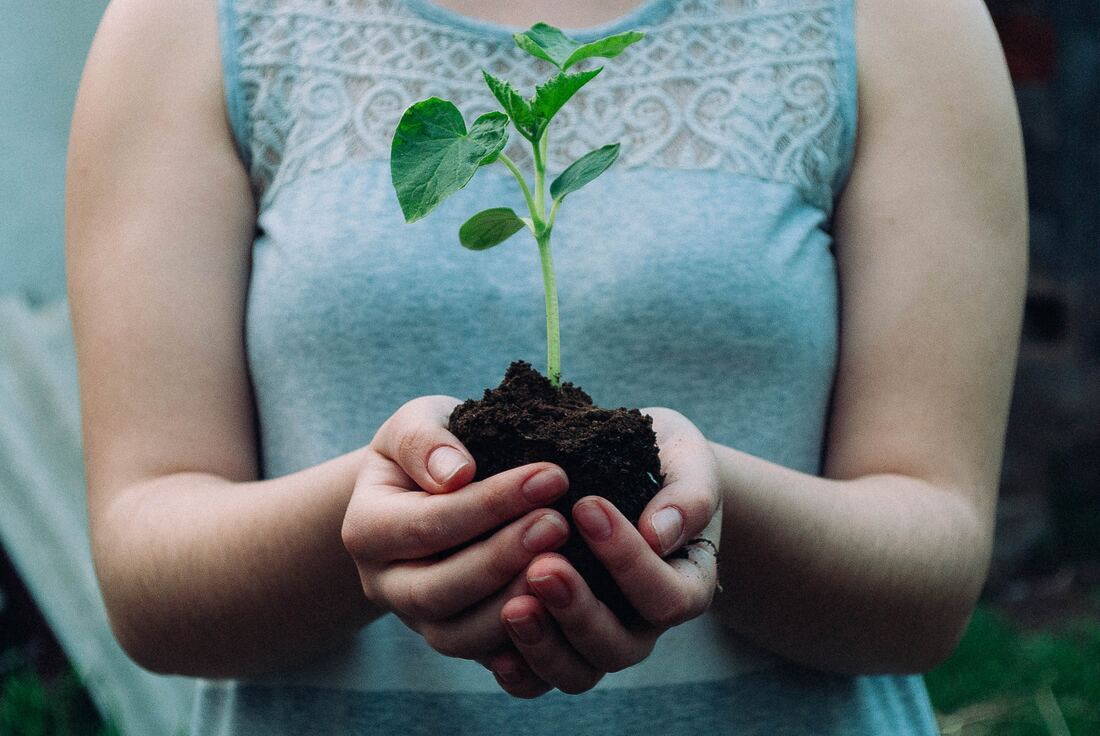
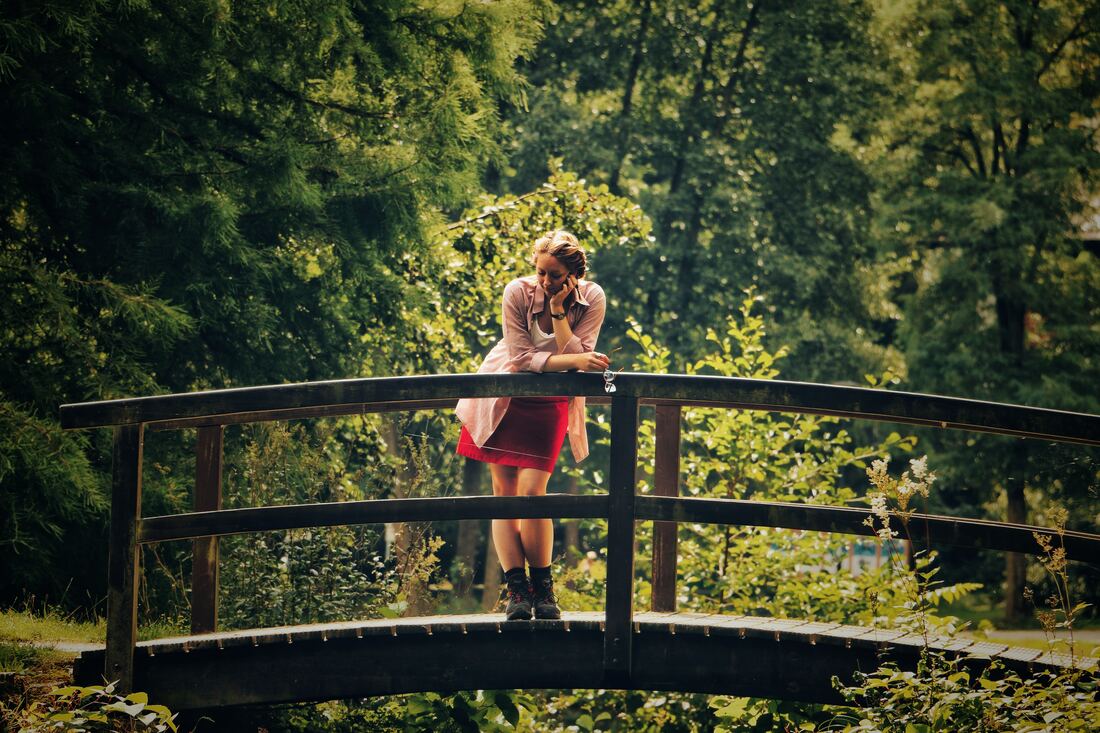

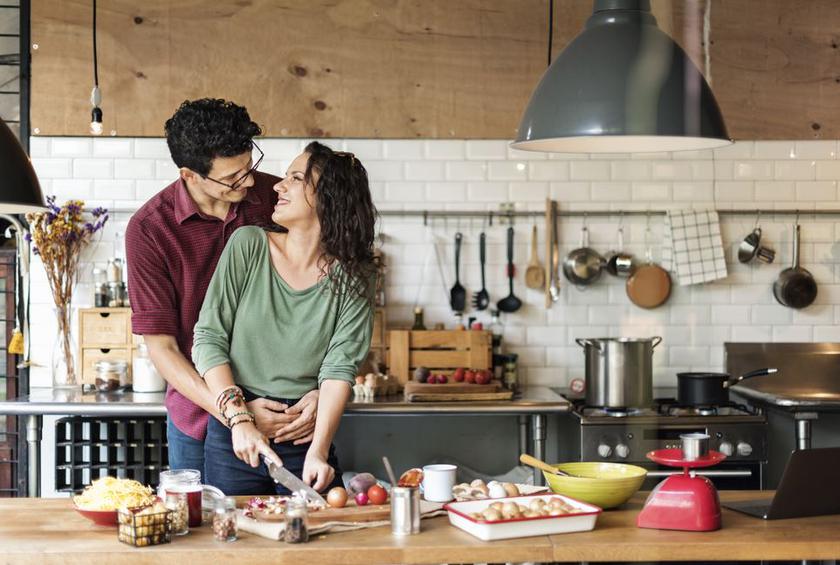
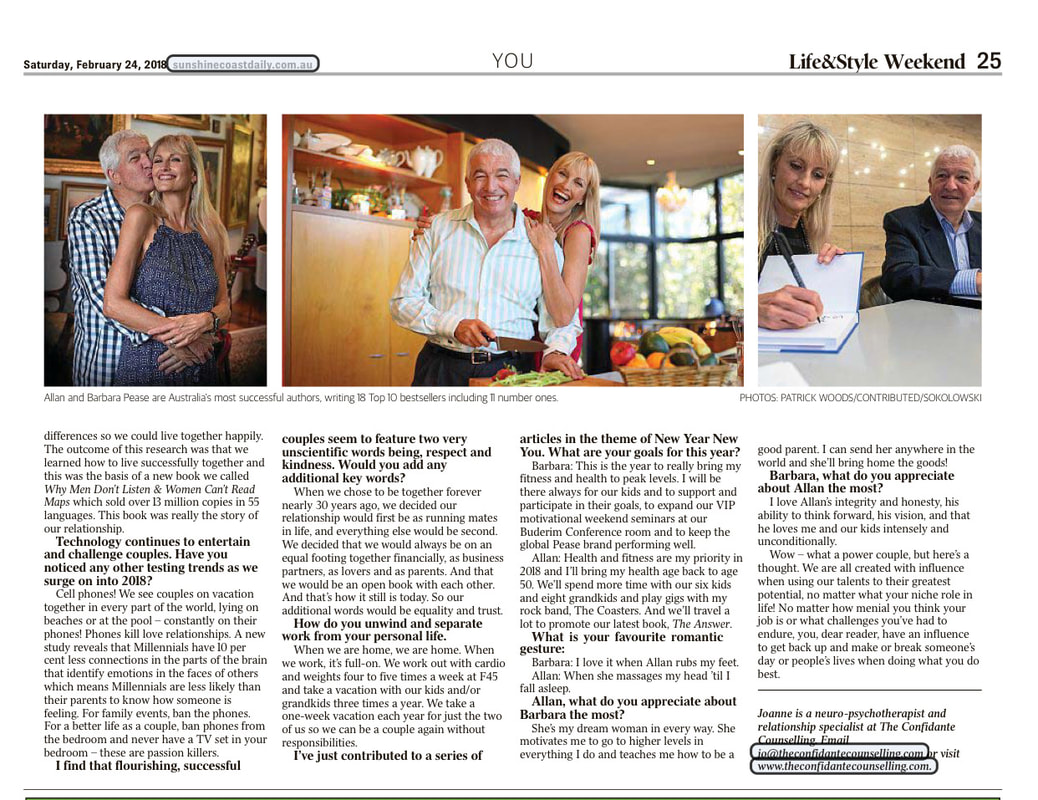
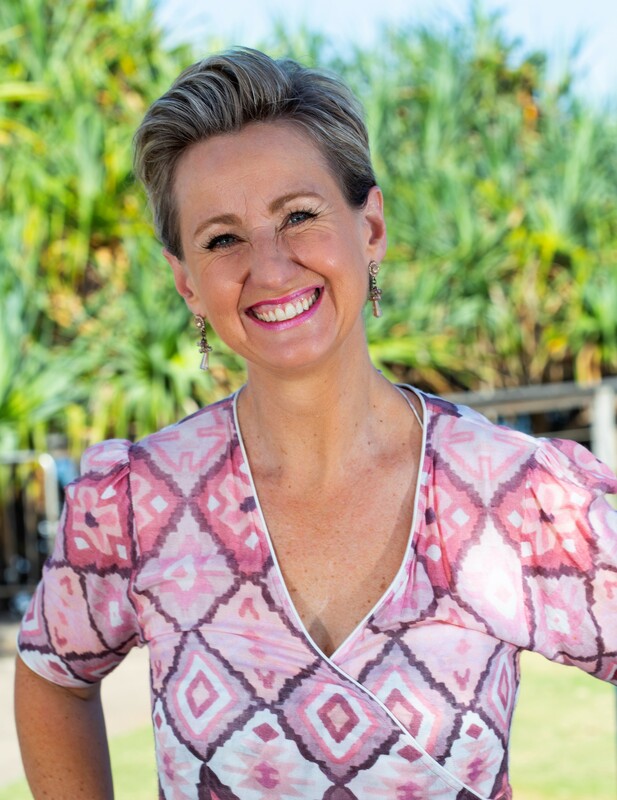
 RSS Feed
RSS Feed









